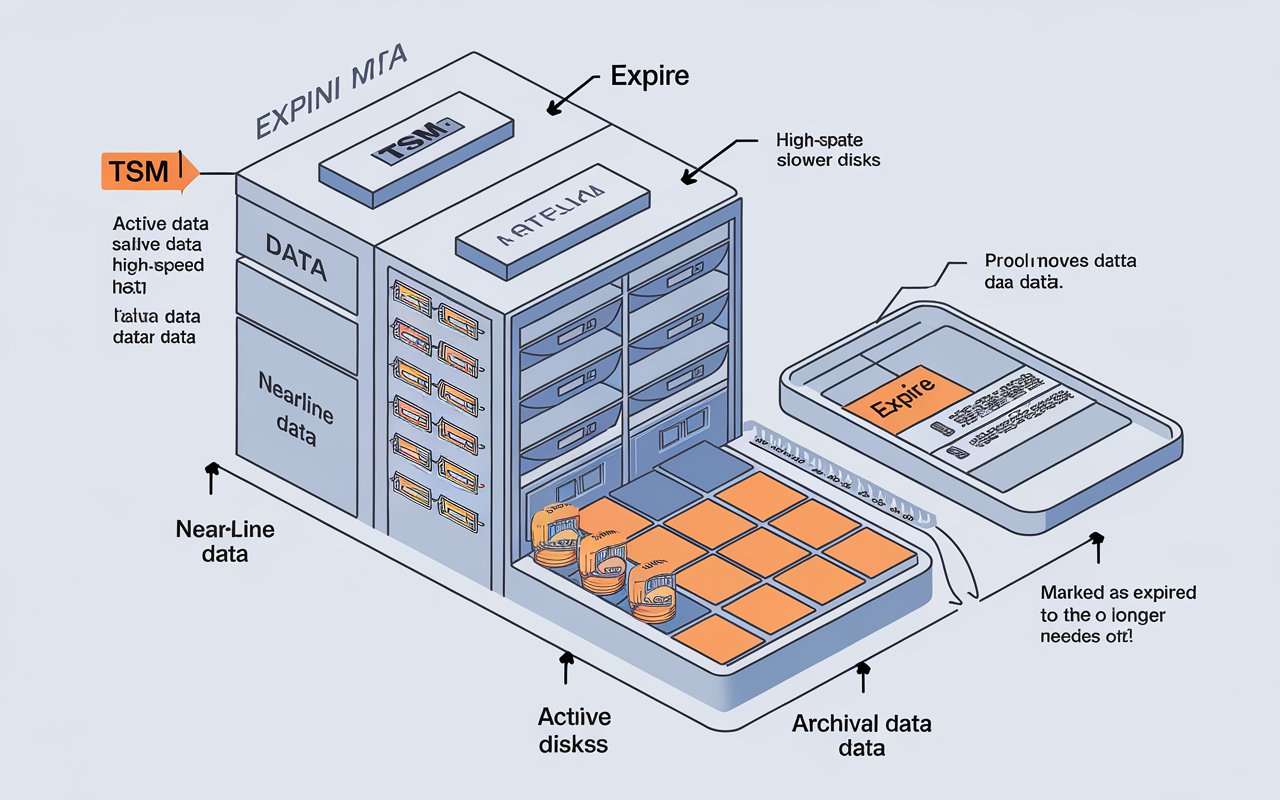Clash-linux-amd64-2023.08.17.gz represents a significant update in the realm of network tools and software for Linux systems. This guide will delve deeply into what this file entails, its significance, and how it integrates with the broader ecosystem of network management and security. By examining the key features, installation processes, and practical applications of this release, this article aims to provide a thorough understanding of its benefits and use cases.
What is Clash-Linux-amd64-2023.08.17.gz?
The Clash-linux-amd64-2023.08.17.gz file is a specific version of the Clash software tailored for 64-bit AMD-based Linux systems. Clash is a popular network management tool used primarily for proxying and routing network traffic. This version, dated August 17, 2023, includes various updates and improvements that enhance its functionality and performance.
Key Features of Clash-Linux-amd64-2023.08.17.gz
- Enhanced Performance: The update includes optimizations that improve the speed and efficiency of network traffic routing. This is particularly beneficial for users managing complex network environments.
- Improved Stability: Bug fixes and stability improvements ensure that the software runs smoothly, reducing the risk of crashes and unexpected behavior.
- Updated Security Protocols: New security features are incorporated to protect against vulnerabilities and threats, ensuring that your network remains secure.
- Enhanced Compatibility: This version includes updates that make it compatible with newer Linux distributions and kernel versions, broadening its usability.
- Bug Fixes and Enhancements: As with any software update, various bug fixes and enhancements are part of this release, addressing issues reported by users of previous versions.
How to Install Clash-Linux-amd64-2023.08.17.gz?
1 Download the File:
Begin by downloading the clash-linux-amd64-2023.08.17.gz file from a trusted source, such as the official GitHub Releases page. Ensure you are downloading the file from a reliable and secure website.
2 Extract the File:
bash
Copy code
tar -xzvf clash-linux-amd64-2023.08.17.gz
This command extracts the compressed file to a directory of your choice.
3 Install Dependencies:
Ensure that all necessary dependencies are installed on your system. This may include libraries or tools required by Clash.
4 Run the Installation Script:
Navigate to extracted directory and run the installation script.
bash
Copy code
sudo ./install.sh
5 Configure Clash:
After installation, you need to configure Clash according to your network requirements. Edit the configuration file to set up your desired proxy rules and routing options.
6 Start the Service:
Start the Clash service and ensure it is running correctly.
bash
Copy code
sudo systemctl start clash
7 Verify Installation:
Check the status of Clash to ensure it is functioning as expected.
bash
Copy code
sudo systemctl status clash
Benefits of Using Clash-Linux-amd64-2023.08.17.gz
- Network Efficiency: Clash helps optimize network traffic by routing it through different proxies, improving overall efficiency.
- Enhanced Security: By using Clash, you can secure your network communications, making it harder for malicious actors to intercept or manipulate your data.
- Flexibility: The tool provides extensive configuration options, allowing users to tailor it to their specific needs.
- Support for Multiple Protocols: Clash supports various protocols and can work with different types of proxies, making it versatile for various network setups.
- Community and Support: Being an open-source tool, Clash benefits from a strong community that contributes to its development and provides support.
Common Issues and Troubleshooting
- Installation Errors: If you encounter errors during installation, ensure that all dependencies are met and that you are using the correct version of the installation script.
- Configuration Problems: Misconfigurations can lead to connectivity issues. Double-check your configuration files and ensure they are properly formatted.
- Performance Issues: If you experience slow performance, review your network settings and proxy rules to optimize Clash’s operation.
- Service Not Starting: If the Clash service fails to start, check the system logs for any error messages and resolve any issues accordingly.
Related Tools and Alternatives
- Shadowsocks: Another popular proxy tool that offers similar functionalities to Clash.
- V2Ray: A tool that provides advanced network proxying and routing capabilities.
- Privoxy: A non-caching web proxy that can be used in conjunction with Clash for additional filtering.
- Squid: A caching and forwarding HTTP web proxy that complements Clash’s capabilities.
Conclusion
The Clash-linux-amd64-2023.08.17.gz file is a powerful tool for managing and optimizing network traffic on Linux systems. Its latest version brings several enhancements that improve performance, security, and compatibility. By following the installation and configuration steps outlined in this guide, users can effectively utilize Clash to manage their network traffic and secure their communications.
Frequently Asked Questions (FAQs)
1 – What is Clash used for?
Clash is used for managing network traffic and routing it through various proxies to improve efficiency and security.
2 – How often is Clash updated?
Clash receives updates regularly, with new versions addressing bugs, adding features, and improving performance.
3 – Can Clash be used on non-Linux systems?
Clash is primarily designed for Linux systems, but there are similar tools available for other operating systems.
4 – Where can I get support for Clash?
Support can be found on the Clash GitHub page, community forums, and through documentation provided with the software.
This article provides a comprehensive overview of clash-linux-amd64-2023.08.17.gz and aims to deliver valuable insights and practical information for users seeking to optimize their network management on Linux systems.



